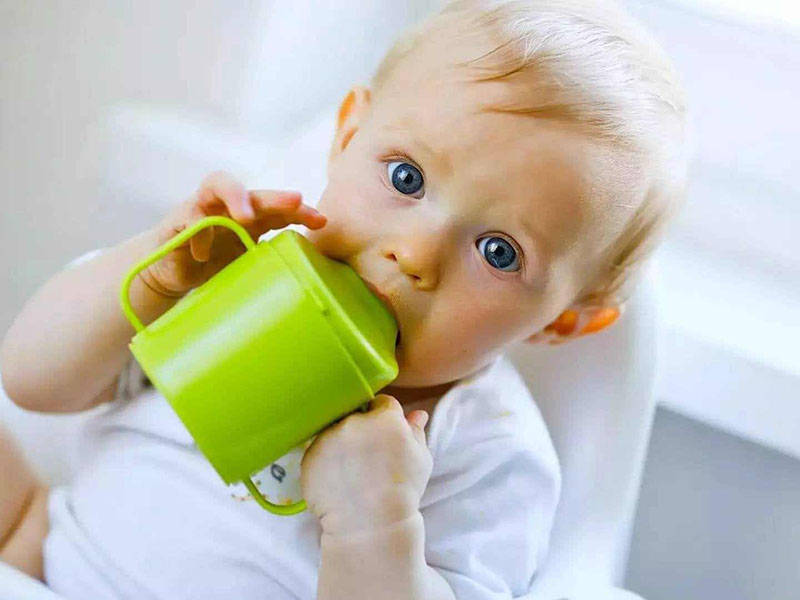When the baby in the postpartum period experiences colic, they may suddenly suffer from severe abdominal distension and discomfort. Due to the different conditions of each baby, the causes of colic can also vary. Common relief methods include gentle massages and warm compresses on the abdomen. If these measures have little effect, it is necessary to follow the doctor’s advice and use medication to treat it.
Burping the baby after feeding is a practical technique. Place the baby on your shoulder, with one hand stabilizing their body and the other hand gently patting their back in a circular motion until they burp. This can effectively prevent the risk of food entering the airway.
For babies who cry due to a lack of security, using a pacifier is a good method. It can help calm the baby and create a warm resting environment, such as adjusting the room temperature to be suitable and keeping the lighting soft, which can help the baby sleep peacefully.
Mild exercise, such as passive exercises or assistance in gas expulsion, has a positive effect on colic caused by intestinal functional issues. It can stimulate gastrointestinal motility and improve digestive problems.
A warm water bath is also one of the soothing methods. It can relax the baby’s muscles, alleviate pain, but the water temperature should be carefully controlled to prevent scalding.
When breastfeeding, mothers should pay attention to their diet, reduce the intake of greasy foods to avoid irritating the baby’s delicate gastrointestinal system.
Under the guidance of a doctor, a moderate use of probiotic drugs, such as triple live bacillus, can help adjust the baby’s intestinal flora. Sometimes, it is also recommended to supplement with vitamin D drops to promote healthy bone growth in babies. It is important that any drug treatment should be carried out under the supervision of healthcare professionals to avoid the risks of self-medication.
When dealing with baby colic, the key is to identify the specific cause and take appropriate measures to address it. At the same time, continue to observe the baby’s condition, and seek medical help promptly if any unusual changes are noticed.


